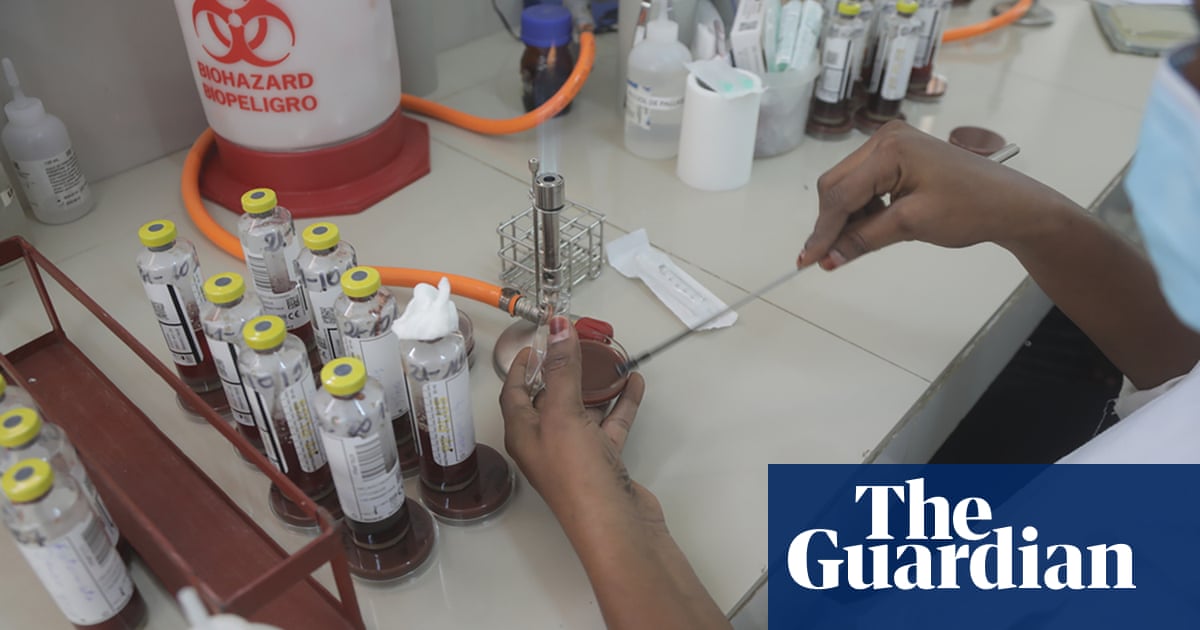Women with endometriosis face a higher risk of premature and early menopause and are seven times more likely to experience surgical menopause, a study has found.
Surgical menopause occurs when a woman has both ovaries removed before reaching natural menopause, and may be done to treat endometriosis if other treatments fail.
Endometriosis affects one in 10 women of reproductive age and occurs when cells similar to the lining of the womb grow in other parts of the body, leading to severe pain, infertility and heavy periods. Endometriosis also affects other people with a uterus and a small number of men.
While endometriosis and its treatment can reduce the quality and quantity of a woman’s eggs, research on its effect on the timing of menopause has been limited.
Published in the journal Human Reproduction, the research found surgical menopause occurred on average 19 months earlier in women with endometriosis and natural menopause five months earlier.
Led by the University of Queensland’s Dr Hsin-Fang Chung, the study also found women with endometriosis were twice as likely to have premature surgical menopause under the age of 40 and 1.4 times more likely to have natural menopause by the same age.
The study analysed data from 279,048 women, of whom 10,367 (3.7%) reported endometriosis in five cohort studies conducted in the UK, Australia, Sweden, and Japan between 1996 and 2022. All studies were part of an international consortium of women’s health studies.
The authors noted that among participants they could not differentiate between subtypes and stages of endometriosis or determine whether women received surgical excision or ablation removal of endometrioma – cysts which can impact the number of eggs.
Women who had hysterectomies with preservations of their ovarian function were excluded from the analysis, so hysterectomies would not explain the earlier natural menopause observed in the study.
The study found current management guidelines for endometriosis primarily focuses on pain, infertility and treatment. Menopause was only mentioned in the context of treatment of endometriosis in postmenopausal women.
Chung said she hoped the evidence would improve endometriosis management guidelines, including prevention and strategies for early or medically induced menopause, which has been related to adverse outcomes including osteoporosis and cardiovascular disease.
“Women with endometriosis should be aware that they may be at increased risk of early or induced menopause,” Chung said, adding these women should visit their GP regularly to check for chronic disease risk factors and prevention strategies.
Dr Gino Pecoraro, the president of the National Association of Specialist Obstetricians and Gynaecologists, said he was not surprised by the results.
after newsletter promotion
“I would expect them to show exactly that or even higher rates of surgical menopause for people suffering badly with endometriosis,” Pecoraro said. “It’s a hormone-responsive condition. It leads to debilitating pain and heavy, painful periods.” Pecoraro was not involved in the study.
In a significant proportion of cases, endometriomas or “chocolate cysts” – and the process of having them removed – often leads to early natural menopause, he said.
Pecoraro said if a gynaecologist takes out the ovaries in a younger woman, they should follow up treating her for symptoms of menopause, like hot flushes, vaginal dryness and irritability. That included monitoring a woman’s bones and to make sure her lipids (organic compounds) are elevated.
A variety of modern treatments for menopausal symptoms do not make endometriosis grow and are non-hormonal, he said, and fertility-sparing surgeries are also available.
Pecoraro said women going through the menopause transition – even if on medication for symptoms – should see their doctor at least every one to two years.

 4 hours ago
5
4 hours ago
5













































